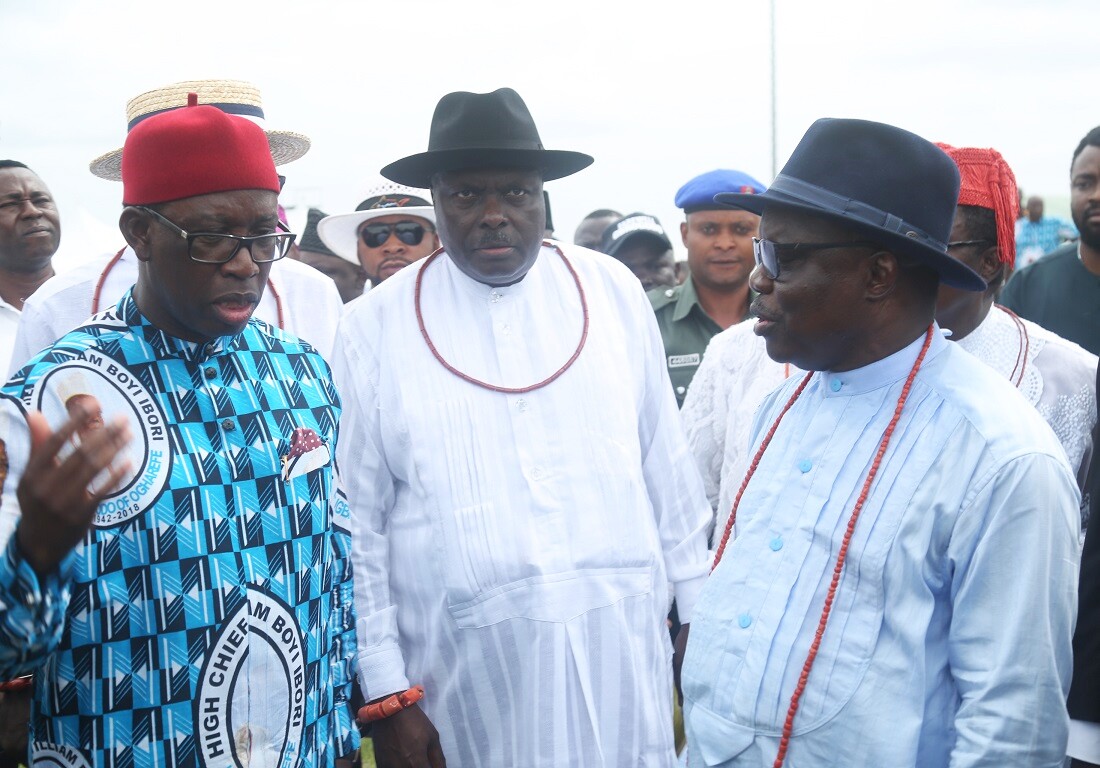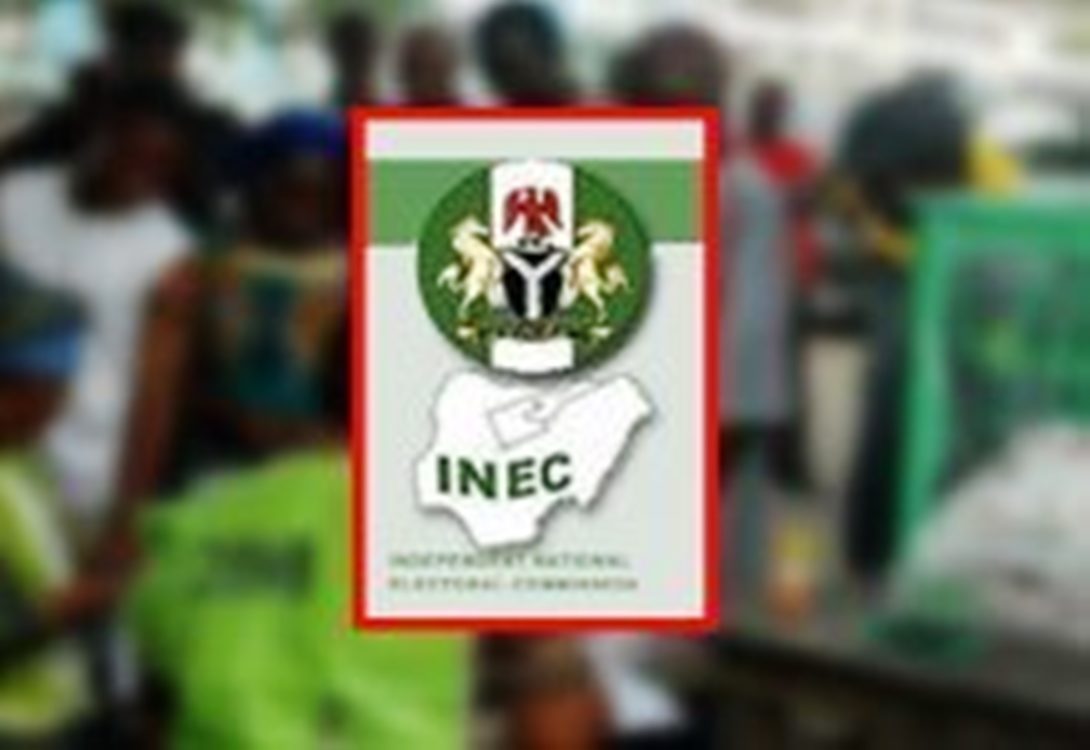FEATURED
IBORI, UDUAGHAN, OKOWA TANGIBLES AND INTANGIBLES LEGACY PROJECTS, BY TONY NWAKA

The popular expectation is for political leadership to be evaluated on the premises of promises. Upon this, the administrations that have erected monuments in service of the public interest, visible infrastructure which easily attest to the candor of their originating agenda, usually turn out to be the most celebrated among contemporaries. In this accord, the vision of the governor and the expectation of the governed are adjudged to have coalesced on the altar of statecraft.
But a burden arises for the governor when, in a classic paradox of governance, his most significant accomplishment, being unseen by the casual observer, ends up as his least appreciated achievement, thereby casting a seeming blight upon the appraisal of his legacy. I shall illustrate this thesis with the Delta State post-1999 experience, using the binoculars and parameters of a historian.
There is no doubting the fact that H.E. Chief James Ibori developed massive infrastructure across Delta State. One could easily point to such capital-intensive projects as the Bomadi bridge, the Aboh bridge, the DELSU Teaching Hospital etc. But, for me, his most remarkable achievement may not be in those physical structures that could easily be identified by any visitor driving around the state.
As a man with an eye on history, I’d rather opt for Ibori’s permanent resolution of the perennial ethnic violence that had ravaged the fabrics of inter-group relations and stultified economic activities in the Warri area; the revenue base of the state. It was upon that new climate of peace in a historic hotbed of conflict that the subsequent successes of Ibori’s administration were founded. But, ironically, unlike physical structures that could be seen, touched and evaluated, very few persons today tend to reckon with that great peace initiative.
A similar story goes for H.E. Dr. Emmanuel Uduaghan. Even his most ardent critics would always acknowledge his glowing records as exemplified in the Asaba Airport, the new Government House, the overhead bridges etc. But, guess what? Uduaghan himself said that those massive physical projects were not his most significant achievements. He looked in a different direction, and I agree with him. He opted rather for the free maternal health care program introduced by his government.
I can tell you that if you sample the opinion of the downtrodden Delta family about what really touched their hearts the most of all Uduaghan’s accomplishments, they will point to the free maternal health care, the free under-five health care and, probably, the free payment of WAEC fees for their children. Ironically, once again, these are achievements any visitor driving around the state today cannot see or touch.
Now we have the administration of H.E. Dr. Ifeanyi Okowa. Although it would be manifestly unfair to evaluate his achievements at this stage with a stamp of finality, being that his government still has many years to go, I am already seeing signs of familiar patterns unfolding. Yes, any observer would easily note the on-going massive capital projects across the state; the new state secretariat, the big Ogbeogonogo market, the new asphalt roads in the various LGAs etc.
But, for me, just as it happened with the Ibori and Uduaghan administrations, the greatest achievement of Gov. Okowa may escape the attention of the casual observer. In fact, it is even already beginning to recede from collective mass consciousness. Very few recent chronicles of Okowa’s accomplishments seem to capture it. And this is because the nearer the project gets to completion the more it goes out of public view.
I suppose you’ll probably be wondering what could this project be. It is the gigantic drainage system that will permanently cure Asaba, the state capital, of the embarrassing flood which was becoming a sore component of its identity. A similar project has equally been earmarked for the Warri-Effurun territory. If you knew the failed efforts, time and resources, committed by previous administrations in tackling the flood menace in Asaba and Warri, you would understand why the current attention Gov. Okowa is giving to the project would rank as his most significant accomplishment, when successfully completed.
Yet, as with past experiences, these are projects that, in ten years time, a visitor driving around the cities of Asaba and Warri, while admiring the secretariat, market and roads, may not appreciate the labor and funds committed to those critical drainage that would have practically gone out of view, but duly serving its purpose underground.
So, while these three distinguished men will be nodding their head as they listen, read or watch people do an assessment of their performance in office, I can imagine how they would wistfully shake their heads in disbelief, seeing that the projects in which they put in the most efforts are hardly highlighted in the chronicle of their achievements.
Such, indeed, is the irony of unseen legacies; projects that meet the critical needs of the people but do not evoke the glimmer of popular acclaim.
Nwaka, a former Commissioner writes from Asaba, Delta state.














